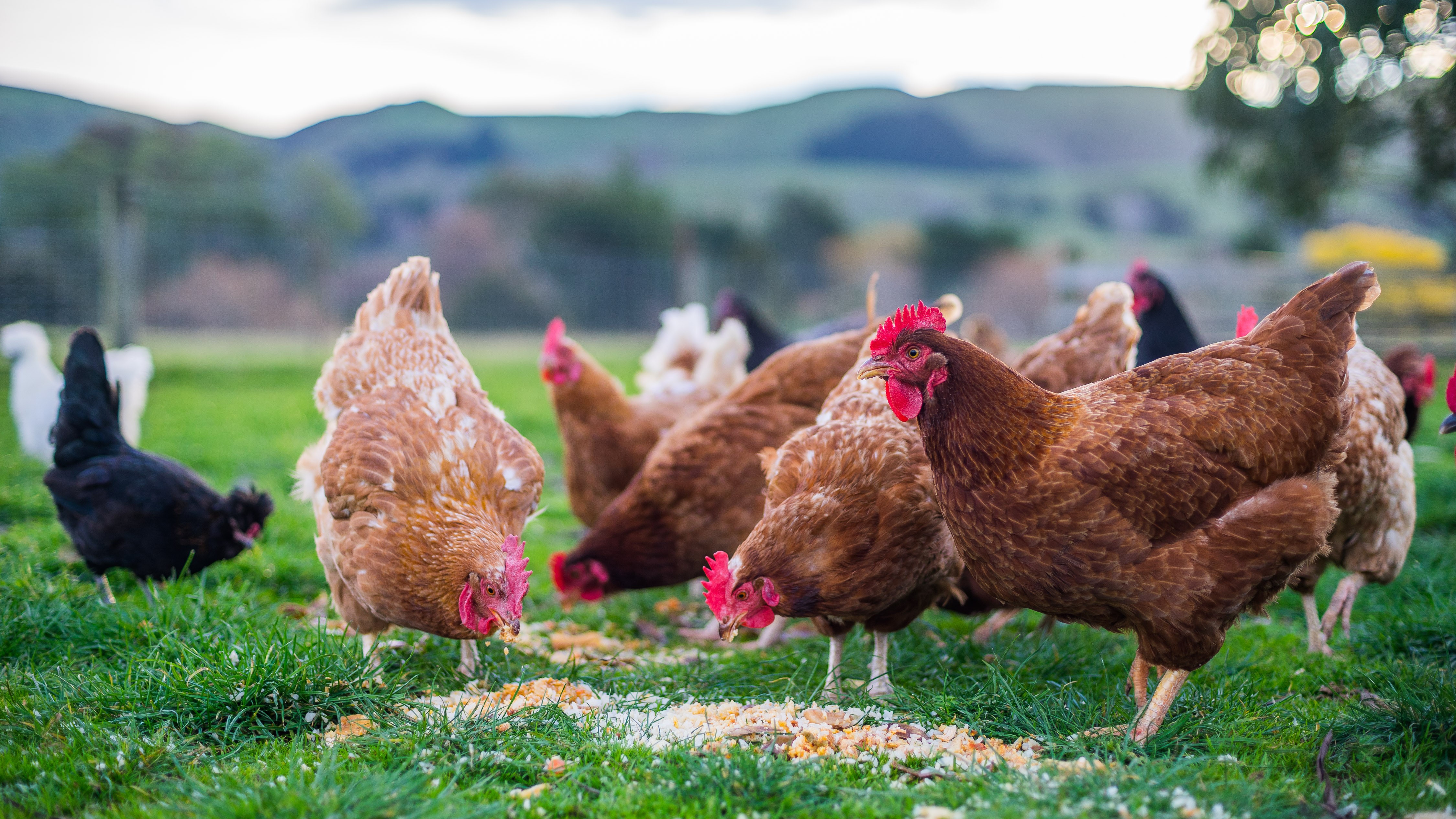The Importance of the Placenta!
With the recent detection of cases of Schmallenberg Virus (SBV) and concern over Bluetongue Virus (BTV) along with the other causes of abortion in farmed animals, DAFM would like to stress the value of the submission of the placenta (cleanings) and a dam blood sample along with the foetus to aid diagnosis.
Please note that the Regional Veterinary Laboratories (RVLs) offer free testing of all bovine foetuses.
RVLs carry out post-mortem examination on foetuses and placenta submitted to rule out significant abortion agents. It is estimated that infectious causes account for approx. 50% of bovine abortions worldwide. A wide range of culture, molecular and histopathology tests are applied to each foetus submitted, as required, to reach a diagnosis. The value of a negative result is also very important to herd biosecurity, as is the interpretation of findings, particularly considering the limitations of some diagnostic methods. RVLs report and help private veterinary practitioners to interpret results so that an accurate and relevant farm specific diagnosis can be made.
This service is vital in the control of disease on both a farm and at a national level. Speedy and accurate diagnosis of an abortion case on a farm can assist in disease control and could also be the means of detection of an exotic disease incursion into the country or the identification of a new or emerging disease, as was the case with SBV in 2011.
The quicker a cause of abortion can be diagnosed the faster a solution or control can be put in place to try and prevent further cases. One of the best ways of farmers assisting in this is by ensuring that placenta is submitted with the foetus as in some cases the causative agent may not be present in the foetus but in the placenta itself. Dam serology may also offer additional information on some possible causes of abortion that may not be detected due to foetal autolysis. Finally, surveillance for brucellosis is undertaken in every bovine foetus submitted to the RVLs.






